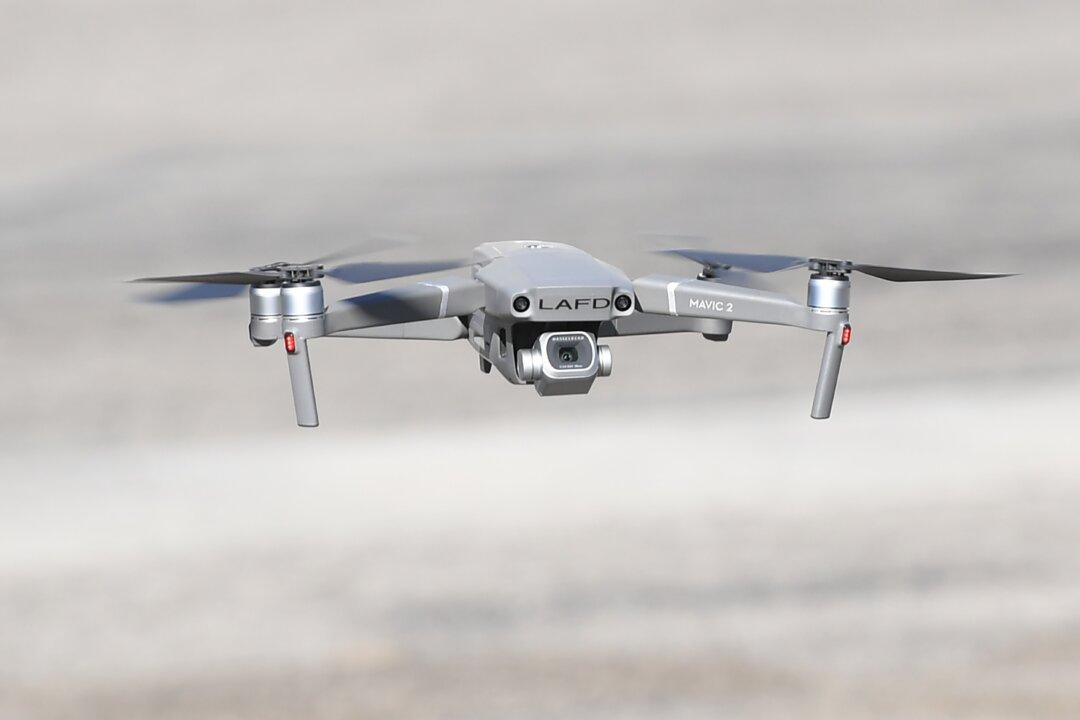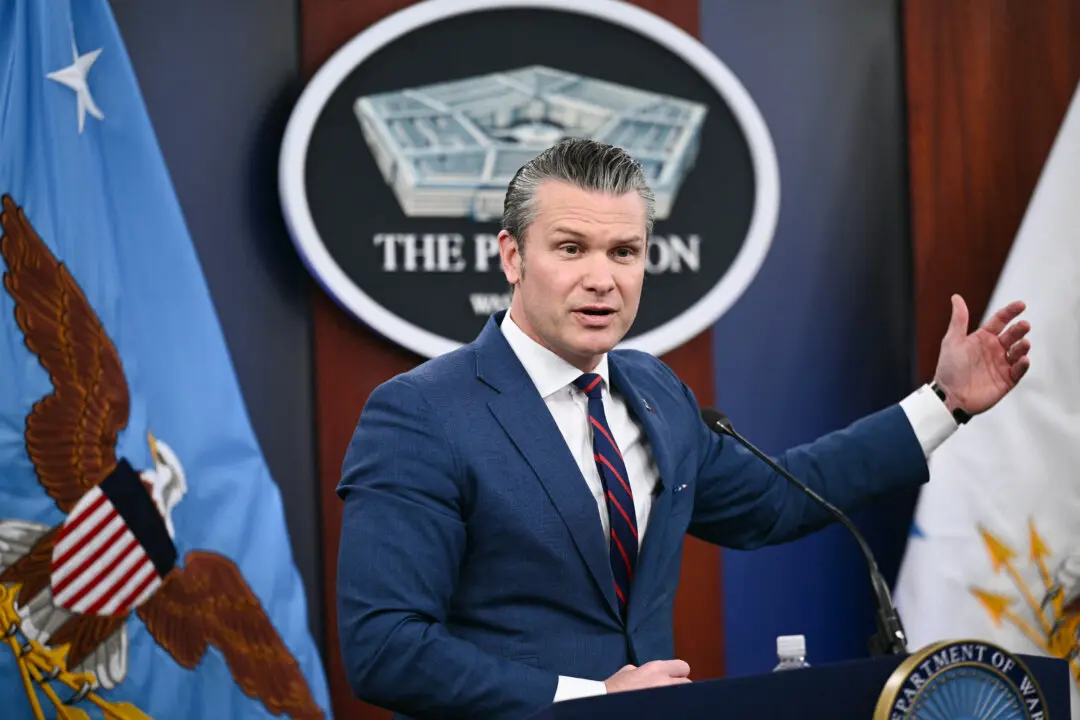A bipartisan group of lawmakers is urging the Department of Commerce to expand its regulatory scope to include unmanned aerial vehicles (UAVs), or drones.
A letter dated June 13 from the House Select Committee on the Chinese Communist Party (CCP) was sent to Commerce Secretary Gina Raimondo expressing deep concerns about the potential threats associated with UAVs controlled by foreign adversaries, specifically those manufactured in China.





